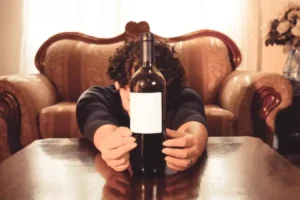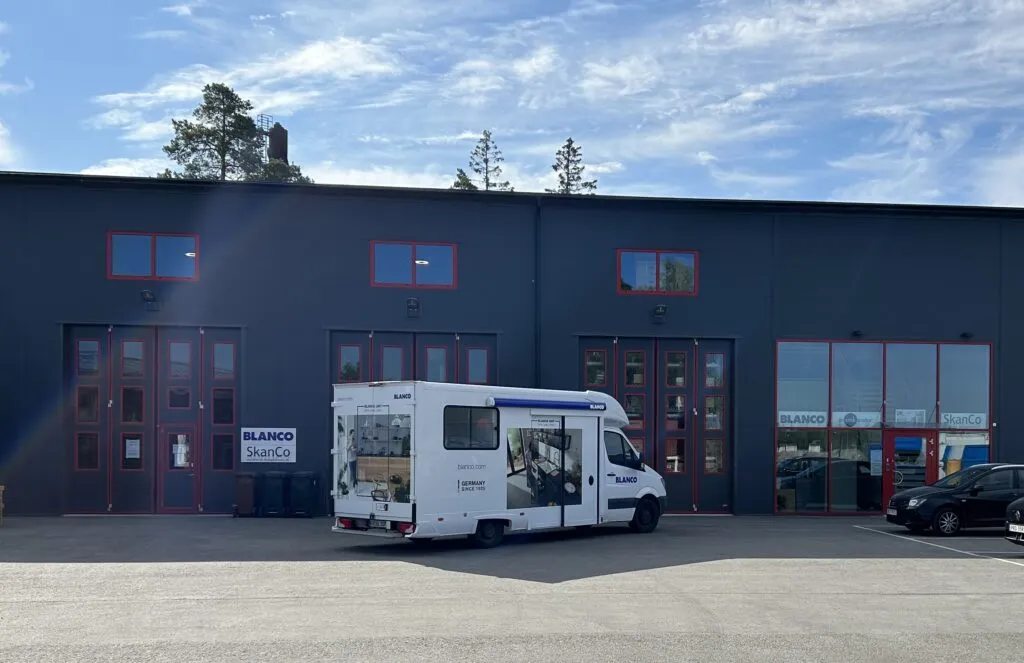
Any individual joining our sober living home must actively participate in their journey to prevent relapse, ensuring their own safety and building sober life skills. Their commitment is vital not only for their well-being but also that of the staff and other residents. People who have undergone addiction treatment in rehab centers often struggle to stay sober as they adjust to the real world. In sober living homes, you can learn essential skills and techniques for recovering addicts before returning to your everyday life.

The houses are run by residents and emphasize peer support as an essential component of recovery. The sober living homes will offer a supportive and stable environment for those in the program so they can learn life skills and eventually transition into independent tiny home living. Each home will be equipped to house eight members of the Journey to Recovery program. We offer private, professional behavioral health care at facilities around the country. Our treatments include a range of inpatient and outpatient programs which feature 100% evidence-based & trauma informed cutting-edge treatment modalities. At Psyclarity, our sober living homes are peaceful and attractive environments without distractions, designed to assist each patient in overcoming the challenges of a sober life and addiction recovery.
As a resident, you are =https://ecosoberhouse.com/ free to come and go as necessary for work, family, business, or leisure activity as long as you adhere to the house rules. You are independent and responsible for your own recovery and well-being. If someone in the house is not committed and/or he or she is not ready for recovery, it can hinder the recovery process for the entire house. This is why most homes require that you have already completed a drug or alcohol treatment program and/or detox. Sober living homes are different than other residential programs, such as residential treatment centers, in that they are more loosely structured to facilitate employment and other outside obligations.

By providing separate homes, facilitators can provide gender-specific care to improve the chances of success. Sober transitional living spaces like sober homes can help you by limiting your access to drugs and alcohol. For anyone ready to take the next step towards recovery, contact The Grove Estate to discuss your situation, answer questions, and provide the guidance sober living homes needed to start the journey to sobriety.


This included the facility’s location and whether residents must be sober for at least 30 days before admittance. Many sober living homes are not government-funded and are self-supporting or operated by charities or addiction treatment centers. Some recovery houses accept donations of clothing, household goods, and other items for use by residents or to sell to make money to offset the facility’s costs. An example is the Substance Abuse and Mental Health Services Administration (SAMHSA), which offers grants to organizations that provide addiction treatment and recovery services. Sober living houses also date back to the 1800s when religious organizations set up residencies where people were required to abstain from alcohol. More modern versions were opened in the 1940s and focused on supporting Oxford House rehabilitation from substance abuse.
Öppettider
Måndag – Torsdag 7:00 – 16:00
Fredagar 8:00 – 15:00
Lunchstängt 11:30 – 12:30
Kontakta oss:
info@skanco.se
08-774 33 00

Tillagd i varukorgen